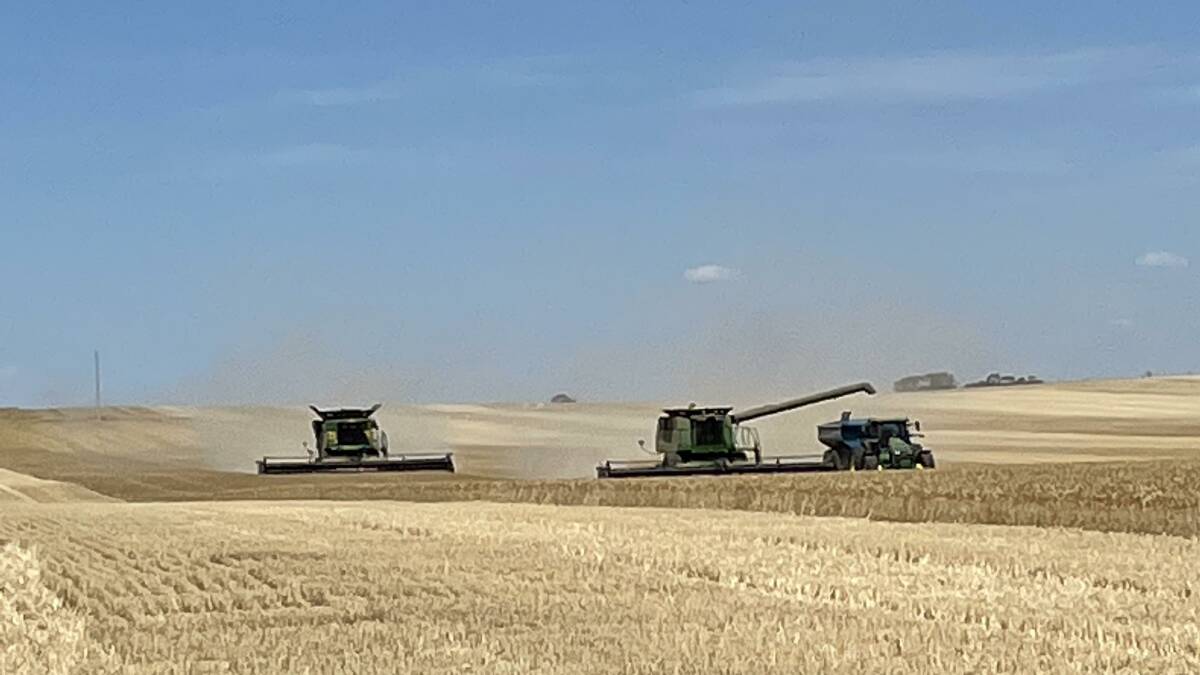
The Australian Bureau of Agricultural Resource Economics and Sciences (ABARES) has come out with a bullish estimate in its first look at the 2022-23 winter crop.
The forecaster is tipping a winter crop of 50.9 million tonnes.
If realised it would be the fourth biggest winter crop for Australia on record.
ABARES is tipping a 23.4 million hectare plant, which is slightly down on the record set last season but it is still far in excess of historical averages, with the fall due to hectares unable to be planted due to wet conditions in NSW and Queensland.
Officials from ABARES said the opening of the winter cropping season in 2022-23 has been very favourable in most cropping regions, with above average February to April rainfall in the east and also Western Australia.
South Australia had been drier than average until last week when good rain fell.
Through NSW, Queensland and parts of eastern Victoria grain growing regions have experienced significantly above average autumn rain leading to issues with planting the crop.
While ABARES said there had been delays in planting and that there could be some hectares not planted as a result of paddock access issues it still had large production flagged for the east coast.
It said yields in Queensland and NSW were likely to be markedly above average.
The Bureau of Meteorology's three month outlook is markedly in favour of wetter than average winter conditions in the east and South Australia, but the odds are more neutral in WA.
High prices of wheat and canola relative to other crops mean ABARES is expecting a swing into cereal and oilseeds, with 1pc more wheat planted year on year and a hefty 12pc increase in canola plantings.
Barley and chickpeas are two crops expected to drop in area as a result of this swing.


